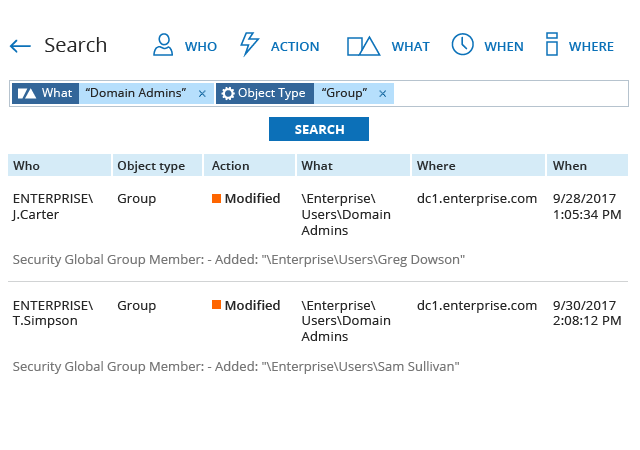Collector Search Failed Trial Edition Expired Car

Download Link:Patreon:Twitter:Instagram:Check Out Breana's Channel:Hey guys this is a quick and easy video on how to install free trials on your Mac and then be able to make them last forever. Many free trials are limited to 30 days, 14 days, or in some cases even 7 days.
In this video I will teach you how to make the free trial version last permanently on your computer as if you purchased the full version. DISCLAIMER - using this as a way to avoid purchases is not reccomended. This will not work on all applications, as developers are quickly catching on to this method and learning to conceal the trial date deep within their code. This is worth a shot on every application you try out and best of luck to you all.
Thanks for watching please get subscribed and support the channel by visiting my links!

Proposed Assessment (AR-80):Proposed assessment (AR-80). The proposed assessment lists the tax type, tax period, due date and amount due. An explanation for the billing also accompanies this stage of the process.If you file a tax return and indicate a balance is owed, but don't pay that amount, the collection process will begin with a demand notice (AR-40).Always review the tax type, tax period and due date on the proposed assessment. The bill should be verified against your records, and any discrepancies should be addressed as quickly as possible.You may protest a proposed assessment from DOR by sending a written request and a copy of the bill to the department within 60 days of the bill date. The protest request letter should detail the reason for your protest and be signed and dated.To protest only the penalty, use the same process. The protest letter should also include the specific reason for protesting the penalty only.If you do not contact DOR by the due date, Indiana law requires DOR to advance the collection process. You waive your right to protest if you do not respond at the proposed assessment stage.
A Demand Notice for Payment (AR-40):If you file a tax return and indicate a balance is owed but don't pay that amount, DOR’s collection process begins with a demand notice for payment (AR-40). In addition, if you do not timely protest a proposed assessment or your protest of a proposed assessment is denied in whole or in part, you will receive a demand notice for payment (AR-40) for the balance due.This stage of the process allows only 20 days to respond. If you are unable to pay your tax bill, you must contact DOR before the due date to discuss payment arrangements to avoid moving to the next stage of collection. If you believe you have a significant reason why you cannot make the payment by the due date, please contact DOR before the due date to discuss possible remedies available to you.
If you fail to pay or contact the DOR by the due date, the liability becomes a collectable judgment against you.If you want to make payment arrangements or need to address an issue related to the demand notice, you may call DOR at (317) 232-2165. You also may contact DOR by fax at (317) 234-4161 or by writing to:Payment ServicesAttention: CorrespondenceIndiana Department of RevenueP.O. Box 595Indianapolis, IN 46204Any correspondence with DOR must occur within the 20-day response period. The demand notice for payment (AR-40) does not give a customer the right to dispute the underlying tax liability. If you wish to dispute the tax liability on the demand notice for payment (AR-40), you must pay the amount owed before the 20-day period expires and request a refund for the disputed amount. Tax Warrant for Collection of Tax:If your account reaches the warrant stage, you must pay the total amount due or accept the expense and consequences of the warrant.
Collector Search Failed Trial Edition Expired Cards
Dvdrip download. Although this is not a warrant for your arrest, the information will appear on a credit report or title search and becomes a lien on your property. The warrant is filed with all county clerk’s offices in which you have assets.The warrant can go to either a sheriff.